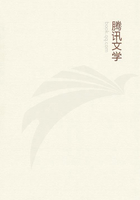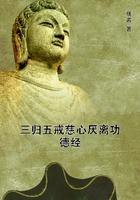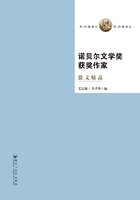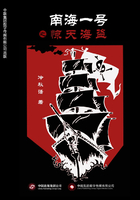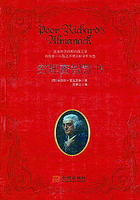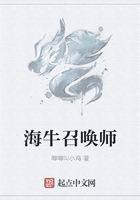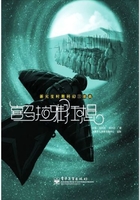Use value and exchange value are thus inexorably bound up with each other, although by their nature they continually tend to be mutually exclusive."(Volume I, p.39)
What caps M. Proudhon's difficulty? That he has simply forgotten about demand, and that a thing can be scarce or abundant only in so far as it is in demand. The moment he leaves out demand, he identifies exchange value with scarcity and use value with abundance. In reality, in saying that things "whose utility is nil and scarcity extreme are of incalculable worth", he is simply declaring that exchange value is merely scarcity. "Scarcity extreme and utility nil" means pure scarcity. "Incalculable worth" is the maximum of exchange value, it is pure exchange value. He equates these two terms. Therefore exchange value and scarcity are equivalent terms.
In arriving at these alleged "extreme consequences", M. Proudhon has in fact carried to the extreme, not the things, but the terms which express them, and, in so doing, he shows proficiency in rhetoric rather than in logic. He merely rediscovers his first hypotheses in all their nakedness, when he think he has discovered new consequences. Thanks to the same procedure he succeeds in identifying use value with pure abundance.
After having equated exchange value and scarcity, use value and abundance, M. Proudhon is quite astonished not to find use value in scarcity and exchange value, nor exchange value in abundance and use value; and seeing that these extremes are impossible in practice, he can do nothing but believe in mystery. Incalculable worth exists for him, because buyers do not exist, and he will never find any buyers, so long as he leaves out demand.
On the other hand, M. Proudhon's abundance seems to be something spontaneous. He completely forgets that there are people who produce it, and that it is to their interest never to lose sight of demand. Otherwise, how could M. Proudhon have said that things which are very useful must have a very low price, or even cost nothing? On the contrary, he should have concluded that abundance, the production of very useful things, should be restricted if their price, their exchange value is to be raised.
The old vine-growers of France in petitioning for a law to forbid the planting of new vines; the Dutch in burning Asiatic spices, in uprooting clove trees in the Moluccas, were simply trying to reduce abundance in order to raise exchange value. During the whole of the Middle Ages this same principle was acted upon, in limiting by laws the number of journeymen a single master could employ and the number of implements he could use.
(See Anderson, History of Commerce .) [The full reference: A. Anderson, An Historical and Chronological Deduction of the Origin of Commerce from the Earliest Accounts to the Present Time . First edition appeared in London in 1764. p.33]
After having represented abundance as use value and scarcity as exchange value -- nothing indeed is easier than to prove that abundance and scarcity are in inverse ratio -- M. Proudhon identifies use value with supply and exchange value with demand . To make the antithesis even more clear-cut, he substitutes a new term, putting "estimation value"instead of exchange value. The battle has now shifted its ground, and we have on one side utility (use value, supply), on the other side, estimation (exchange value, demand).
Who is to reconcile these two contradictory forces? What is to be done to bring them into harmony with each other? Is it possible to find in them even a single point of comparison?
"Certainly," cries M. Proudhon, "there is one -- free will. The price resulting from this battle between supply and demand, between utility and estimation will not be the expression of eternal justice."M. Proudhon goes on to develop this antithesis.
"In my capacity as a free buyer, I am judge of my needs, judge of the desirability of an object, judge of the price I am willing to pay for it.
On the other hand, in your capacity as a free producer, you are master of the means of execution, and in consequence, you have the power to reduce your expenses."(Volume I, p.41)
And as demand, or exchange value, is identical with estimation, M. Proudhon is led to say:
"It is proved that it is man's free will that gives rise to the opposition between use value and exchange value. How can this opposition be removed, so long as free will exists? And how can the latter be sacrificed without sacrificing mankind?"(Volume I, p.41)
Thus there is no possible way out. There is a struggle between two as it were incommensurable powers, between utility and estimation, between the free buyer and the free producer.
Let us look at things a little more closely.
Supply does not represent exclusively utility, demand does not represent exclusively estimation. Does not the demander also supply a certain product or the token representing all products -- viz., money; and as supplier, does he not represent, according to M. Proudhon, utility or use value?
Again, does not the supplier also demand a certain product or the token representing all product -- viz., money? And does he not thus become the representative of estimation, of estimation value or of exchange value?
Demand is at the same time a supply, supply is at the same time a demand. Thus M. Proudhon's antithesis, in simply identifying supply and demand, the one with utility, the other with estimation, is based only on a futile abstraction.

